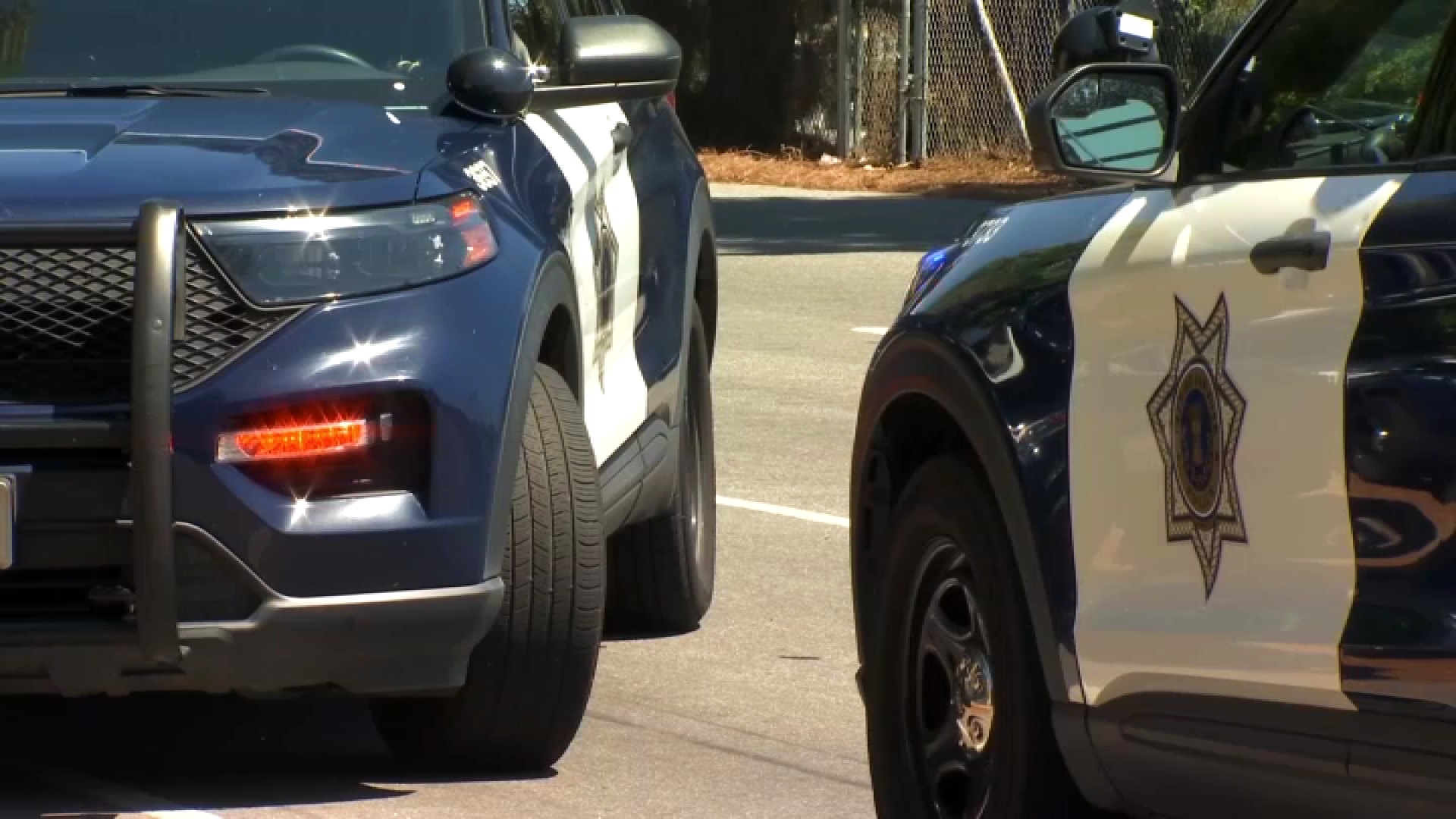Virgin America founder Sir Richard Branson couldn’t do anything to stop his company’s merger with Alaska Airlines, according to laws regulating U.S. air carriers.
Transportation code requires “at least 75 percent of the voting interest” in an American airline to be “owned or controlled by persons that are citizens of the United States.”
Because of the law, Branson, who is a British citizen, only had 25 percent voting share in his company, and thus was unable to stop the $2.6 billion merger with Alaska Airlines.
He lamented that fact on his Virgin America blog earlier this week.
“Because I'm not American, the US Department of Transportation stipulated I take some of my shares in Virgin America as non-voting shares, reducing my influence over any takeover,” he wrote. “So there was sadly nothing I could do to stop it.”
Stanford corporate securities law expert Ronald J. Gilson says that while Branson’s claim is factually correct, it is possible Branson could have done one thing to stop the takeover. But in the end, it wouldn’t have made much sense economically.
“The hypothetical is could he put together a private equity group that could match Alaska’s price,” he said. “It’s hard to see how Virgin America is worth anything close to the price Alaska paid, or will pay, to anybody but Alaska.”
Local
Alaska Airlines paid an 83 percent premium on Virgin America’s shares based on where the market had it priced.
Branson will make close to $800 million from the deal.
Gilson said a recent trend toward consolidation means independent American air carriers struggle to survive on their own.
When Branson founded Virgin America back in 2007, there were nine major air carriers in the U.S.
Four major mergers have occurred since then, and today only four major carriers control 80 percent of the American market.



